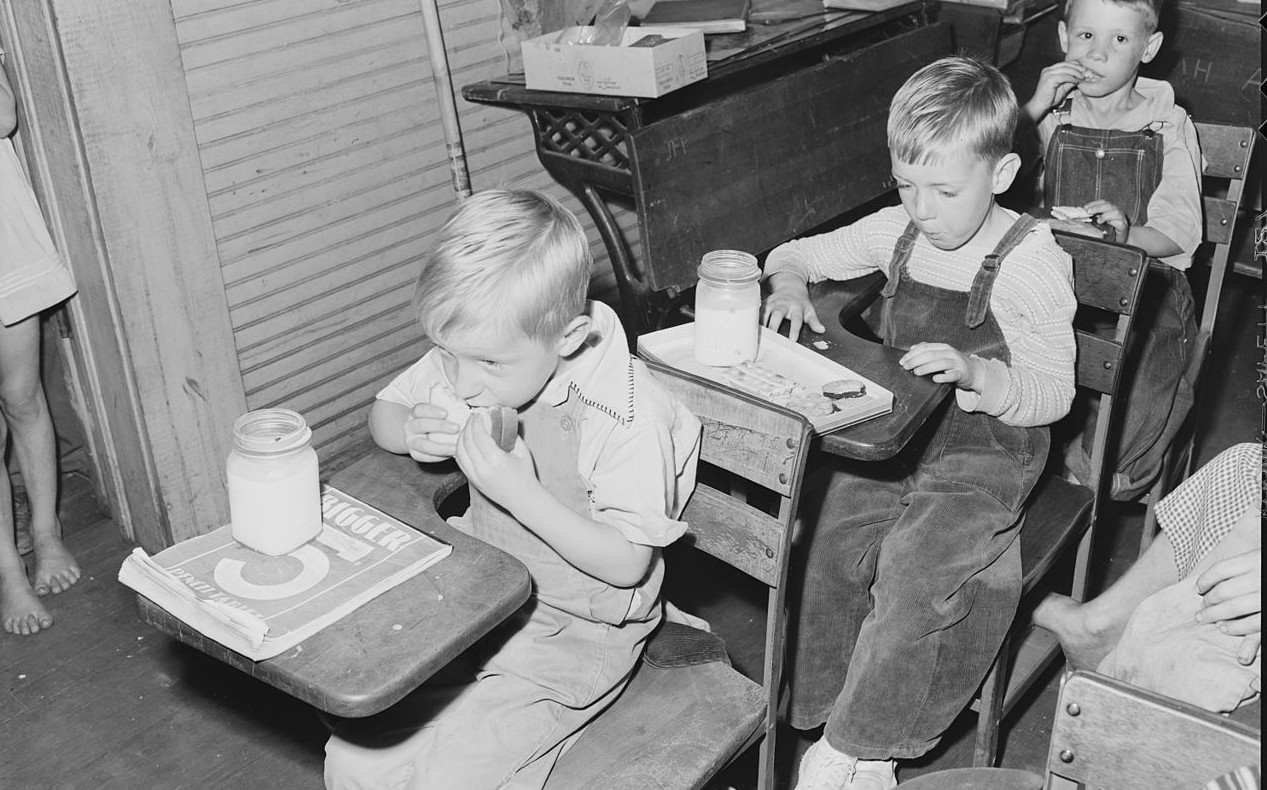This past weekend, I took part in a competition that asked public policy students to tackle the issue of childhood obesity. Given how much America spends on healthcare, this is an important issue. Childhood obesity cost the nation $14.1 billion in 2009. Obesity explains 27% of the rise of healthcare costs from 1987 to 2001. Obesity counted for 10% of all medical spending in 2008. Childhood obesity can lead to a greater risk of conditions like heart disease and diabetes, and contribute to a lower quality of life.
It was interesting to see the differences and similarities among the approaches of the various teams. One team of doctoral students took an evidence-based approach, focusing on interventions that have been proven in the scientific literature, such as breastfeeding and more sleep. But these measures are not only difficult to translate into policy, but seem to fall short of a comprehensive solution to the problem of childhood obesity.
The unfortunate fact is that policy is often not backed by convincing scientific evidence. Part of this stems from the difficultly of scientifically investigating policy problems. These problems are extremely complex, and affect a large and diverse population. In addition, scientific methods are either impractical or unethical: For example, it’s hard to justify giving a random sample of the population welfare benefits, while withholding it from others, to test the effect of those benefits.
The Brown team made three policy recommendations for alleviating childhood obesity: reform the Supplemental Assistance Nutrition (SNAP) program, create minimum national physical education standards, and push states to track the weight status of students and report that status to parents.
By some estimates, $4 billion of SNAP funds, formerly known as food stamps, are spent each year on soda. We proposed using incentives, such as subsidies and surcharges, to push SNAP participants to purchase healthy food such as fruits and vegetables. Increasing how much kids exercise at an early age has the potential to improve physical and cognitive health, and foster good habits at an early age. Reporting the weight status of students to their parents is probably the most controversial part of our proposal, but evidence suggests that without involving parents, efforts to combat childhood obesity aren’t as successful.
For those concerned about governmental overreach and the intrusion of the “nanny state,” our policy proposals, along with most government efforts to improve the public health, are bound to be troubling. Especially when it comes to an issue like obesity, it’s easy to make the argument that people should be responsible for their own choices. But what about children, an especially vulnerable population? Should we only rely only on parents? Children spend much of their lives in school; what is our communal responsibility to promote health in their sphere? Moving even a little beyond the language of personal responsibility leads to a gray area filled with difficult questions.
While I have some sympathy with the purely libertarian argument that people should be responsible for their own choices, I have less tolerance for the fiscal conservative who decries all government programs as too expensive. Using figures from the Harvard School of Public Health, obesity cost the government, through Medicare and Medicaid, around $75 billion last year. It’s foolish to believe that public policy issues, such as obesity or infrastructure or poverty, don’t impose costs on society. Obesity is driving up your insurance premiums and costing taxpayers through increased Medicare and Medicaid expenses. Not every problem needs a public solution, but such solutions should be considered when it becomes clear that society is bearing much of the costs.
In a perfect world, all policy solutions would be scientifically proven and subject to strict cost-benefit analysis. However, this is not a perfect world, and policy is often made through trial and error. Scientific research and cost-benefit analysis should still hold an important place in policymaking. But we have to accept that policymaking is an imperfect process, where political feasibility often trumps perfect policy. I’m not sure that my team’s policy solutions are the best, or even that they would all work. But I’m excited that there are many people – politicians, policymakers, non-profits (and students) – working to help alleviate childhood obesity and the other problems facing this country.

I definitely sympathize with your arguments. And I agree that childhood obesity does lead to costs for ‘society,’ especially in terms of healthcare. But this isn’t an inherent fact. It is only true *because* we socialize the cost of healthcare. Like former Libertarian Party candidate Harry Browne said: “A little government involvement is just as dangerous as a lot – because the first leads inevitably to the second.” Socializing healthcare makes it fiscally conservative to regulate the personal actions of individuals who don’t take care of themselves. If people just had personal responsibility for their health there’s no reason to regulate their soda sizes, trans fat intake or portion sizes – they deal with the consequences.
My suggestion is: if people want to socialize the cost of something they deal with that cost (including the cost of subsidizing the activity of people doing stupid or short-sighted decision). The other option is, like you referenced, a nanny state, that with a warped fiscally conservative mind set, regulates individuals’ actions. Would make economic sense, but morally it’s wrong to act like the government’s purpose is to save people from themselves.